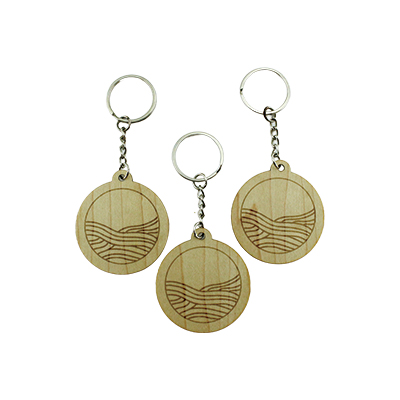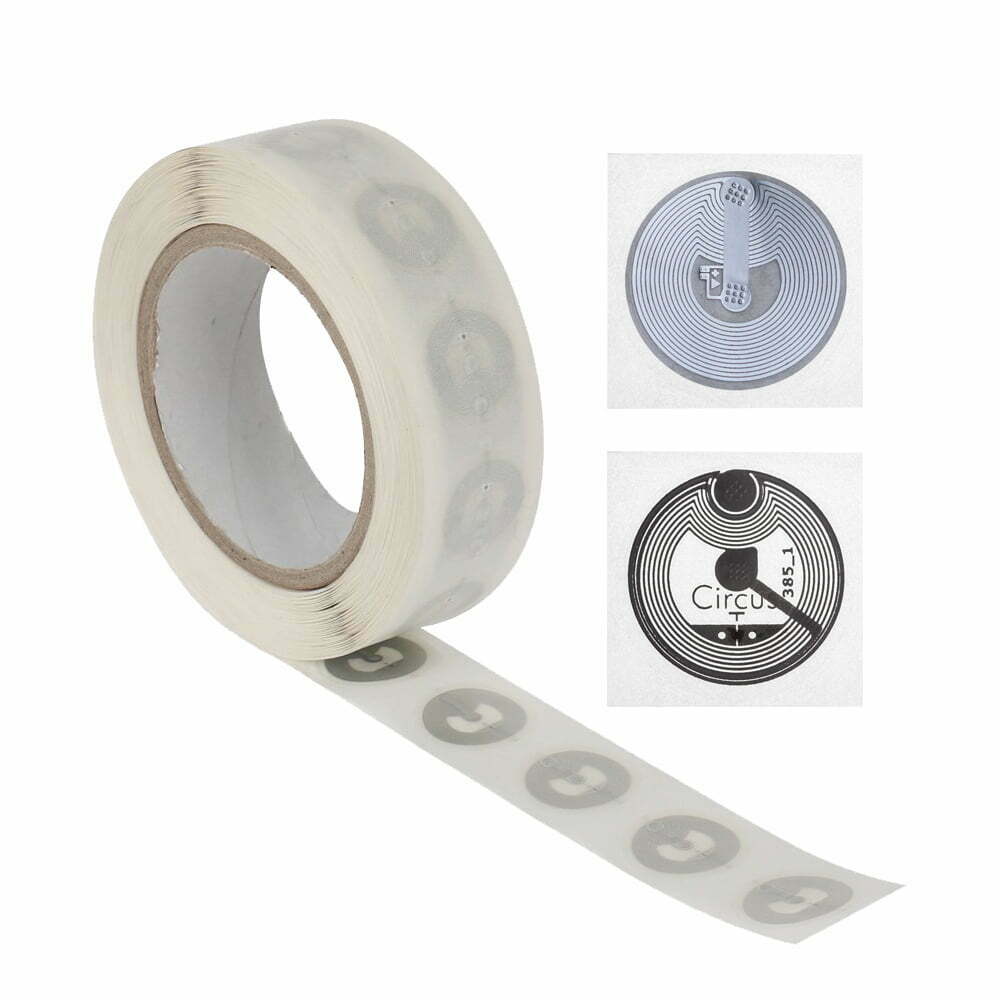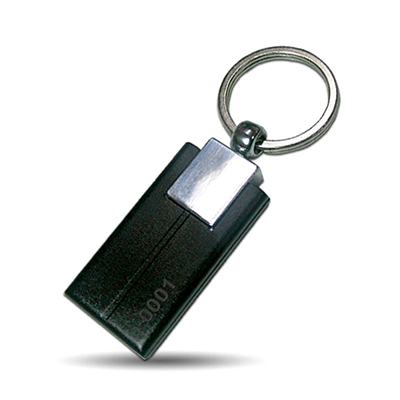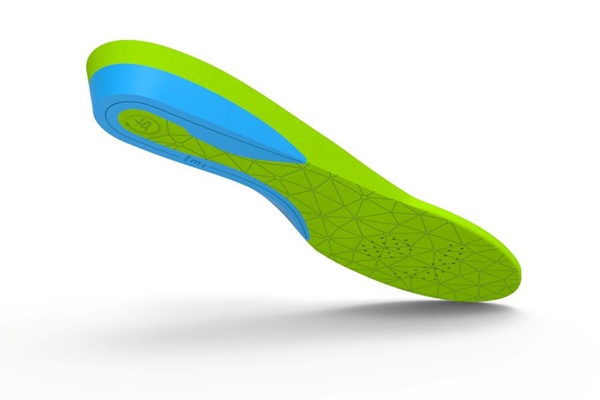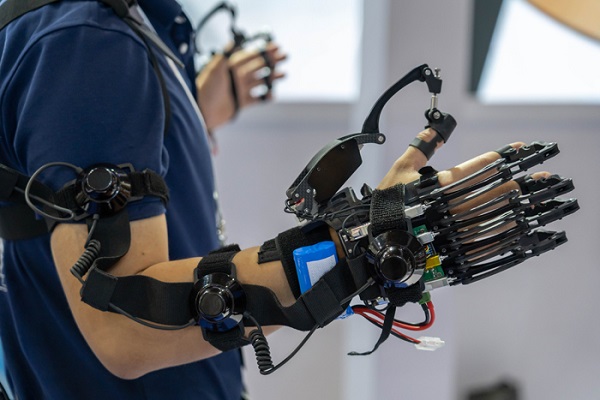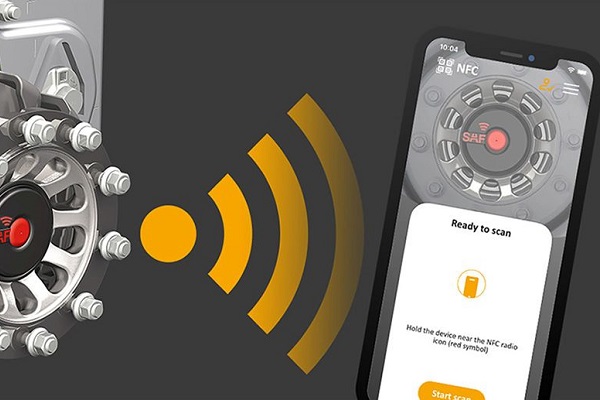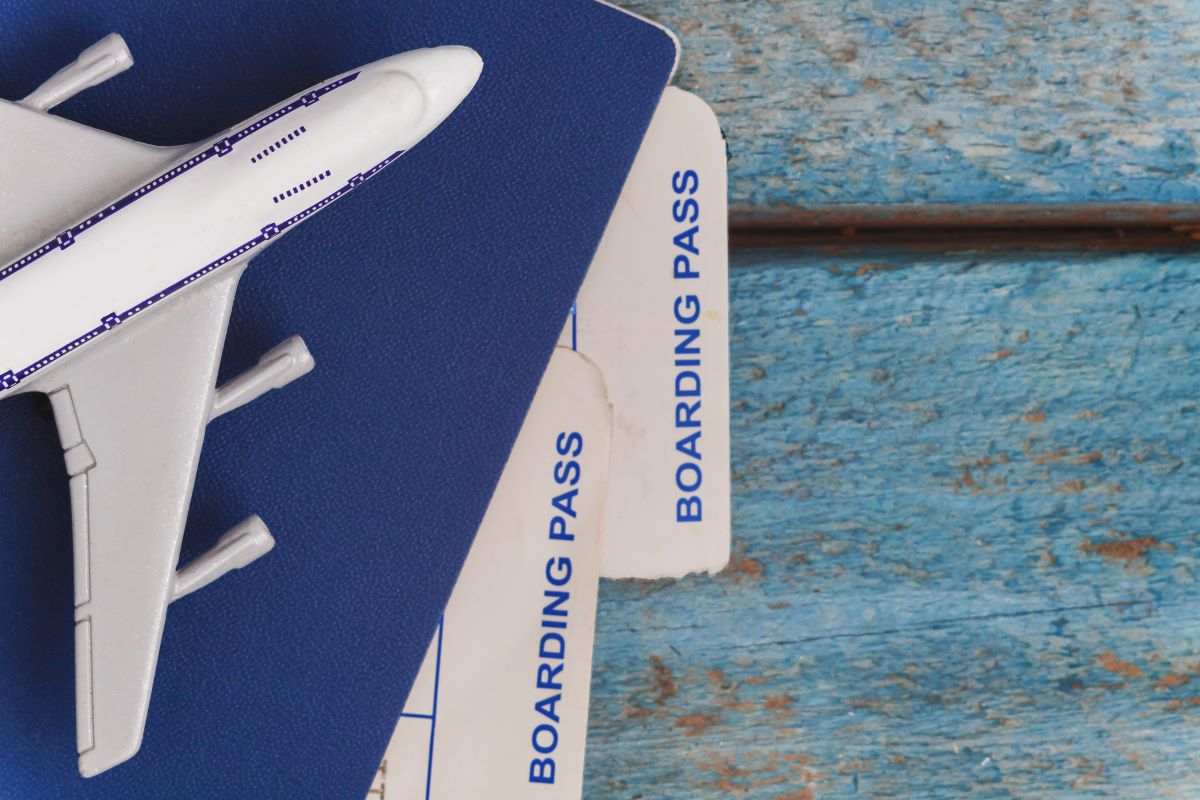
NFC (near field communication) technology is quietly transforming the field of travel documents, especially in the application of digital passports, bringing about significant changes.
During border checks, the embedded NFC tags in the DPP play a crucial role. The previously cumbersome manual verification process has now been streamlined, allowing staff to quickly read the key information stored in the NFC tags using devices equipped with the appropriate reading functions, significantly improving border check efficiency. Compared to traditional methods, there is no need for the relatively complex operations associated with RFID readers; NFC technology stands out due to its convenience. Moreover, travellers can also use their own smartphones (NFC-enabled phones) to preview some basic information on the DPP in advance, allowing them to prepare.
From a privacy protection perspective, the NFC tags in the DPP have strict encryption and access control settings. Only authorized official agencies can fully read the relevant privacy data in specific scenarios, which effectively avoids the risk of personal information leakage, allowing travellers to enjoy convenience without worrying about privacy issues.
In the future, the application of NFC technology in DPP is likely to further change the way international travel is conducted. For example, it will enable faster self-service customs clearance, and even the exchange of information between different countries will become smoother, making cross-border travel increasingly easy and efficient.
It can be said that NFC technology is injecting new vitality into travel documents through DPP, leading international travel into a smarter, more convenient and safer new era.




